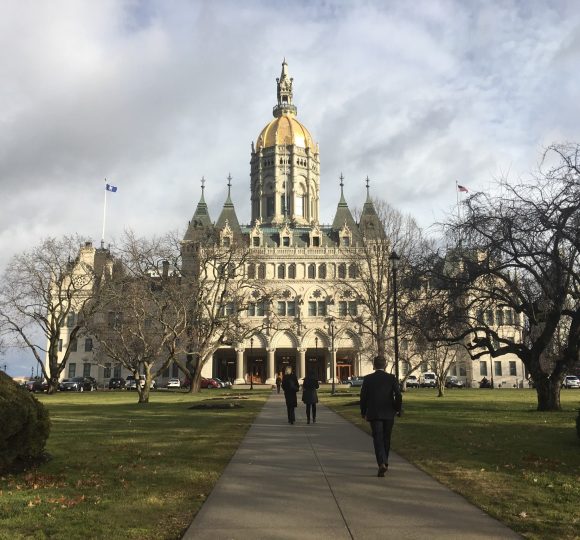One common claim made to Massachusetts towns is that residential development increases the local tax base, thereby lowering property taxes. Others are that resource conservation is too expensive at the local level, and that farmland does not make a significant contribution to the tax base, so it is best converted to its “highest and best use,” which is generally assumed to be development.
The American Farmland Trust (AFT) is a private, national conservation organization with a regional office in Northampton, Massachusetts. AFT was concerned that local officials lacked data to support or dismiss these claims. Working with three Pioneer Valley towns on cost of community services (COCS) studies, AFT found that although residential development increases the local tax base, it does not pay for itself. These towns paid more on residential services than they received from residential revenues. On the other hand, while privately owned farm and open lands do not raise nearly as much gross income as developed land uses, their need for services is so modest, their net effect on the tax base is a surplus. In this COCS study of three Massachusetts towns, AFT found the average ratio of dollars generated by residential development to services required was $1 to $1.12 — for every dollar raised by residential revenues, the towns spent an extra 12 cents in direct services. These included education and social programs, public health and safety, highway maintenance and public works, and even local government. On the other hand, the average ratio for farm, forest and open land was $1 to 33 cents — for every dollar raised after the towns provided services, 67 cents remained.





